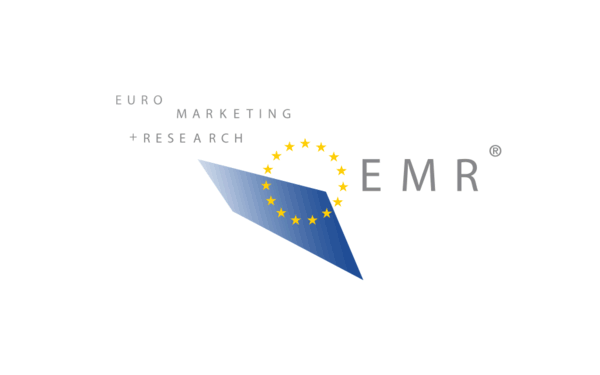Hager Group – Humanity generates over 2.01 billion tons of waste annually
 Can we realistically design out plastic?
Can we realistically design out plastic?
This figure of 2.01 billion tonnes, according to the World Bank, represents an average of 0.74 kilograms, this does however range widely from 0.11 to 4.54 kilograms per person per day. Without immediate action, this figure is projected to rise to 3.40 billion tons by 2050. Short of drastically cutting consumption, recycling is our best lever to tackle this crisis.
On our planet, the six most important natural resources are water, air, oil, natural gas, coal and minerals. These resources are the foundation of life on earth and we’re using them up at a rapid pace. A seventh resource has been identified: recyclables. Today they cover around 40% of the world’s raw material needs. And they are estimated to save over 700 million tons of CO₂ emissions per year. There is absolutely no doubt that recycling is one of our best chances to preserve the future of our planet and humanity.
Hager Group in action for a low-carbon world At Hager Group, plastics are definitely the greatest concern, as it’s the main raw material used in production. As a group, we purchase thousands of tons of plastic raw material every single year and we are very aware of the associated environmental issues. According to recent studies, the production of 1kg of plastic raw material releases between 3.5 to 9.5kg of CO₂ into the atmosphere. Recycled plastic, on the other hand, only accounts for between 0.5 and 1.7kg of CO₂ per 1kg produced.
In short, producing recycled plastic emits around six times less CO₂ than producing virgin plastic. For several years a team of experts at Hager Group has been looking for ways to include recycled plastic in production and a project to eliminate all virgin plastic in packaging is well underway.
For a closer look click here.
Source
Hager Group
EMR Analysis
More information on Hager: See the full profile on EMR Executive Services
More information on Daniel Hager (CEO, Hager Group): See the full profile on EMR Executive Services
More information on the World Bank: https://www.worldbank.org/en/home + The World Bank Group works in every major area of development. We provide a wide array of financial products and technical assistance, and we help countries share and apply innovative knowledge and solutions to the challenges they face.
With 189 member countries, staff from more than 170 countries, and offices in over 130 locations, the World Bank Group is a unique global partnership: five institutions working for sustainable solutions that reduce poverty and build shared prosperity in developing countries.
EMR Additional Notes:
- Carbon Dioxide (CO2):
- Primary greenhouse gas emitted through human activities. Carbon dioxide enters the atmosphere through burning fossil fuels (coal, natural gas, and oil), solid waste, trees and other biological materials, and also as a result of certain chemical reactions (e.g., manufacture of cement). Carbon dioxide is removed from the atmosphere (or “sequestered”) when it is absorbed by plants as part of the biological carbon cycle.
- Decarbonization:
- Reduction of carbon dioxide emissions through the use of low carbon power sources, achieving a lower output of greenhouse gasses into the atmosphere.

